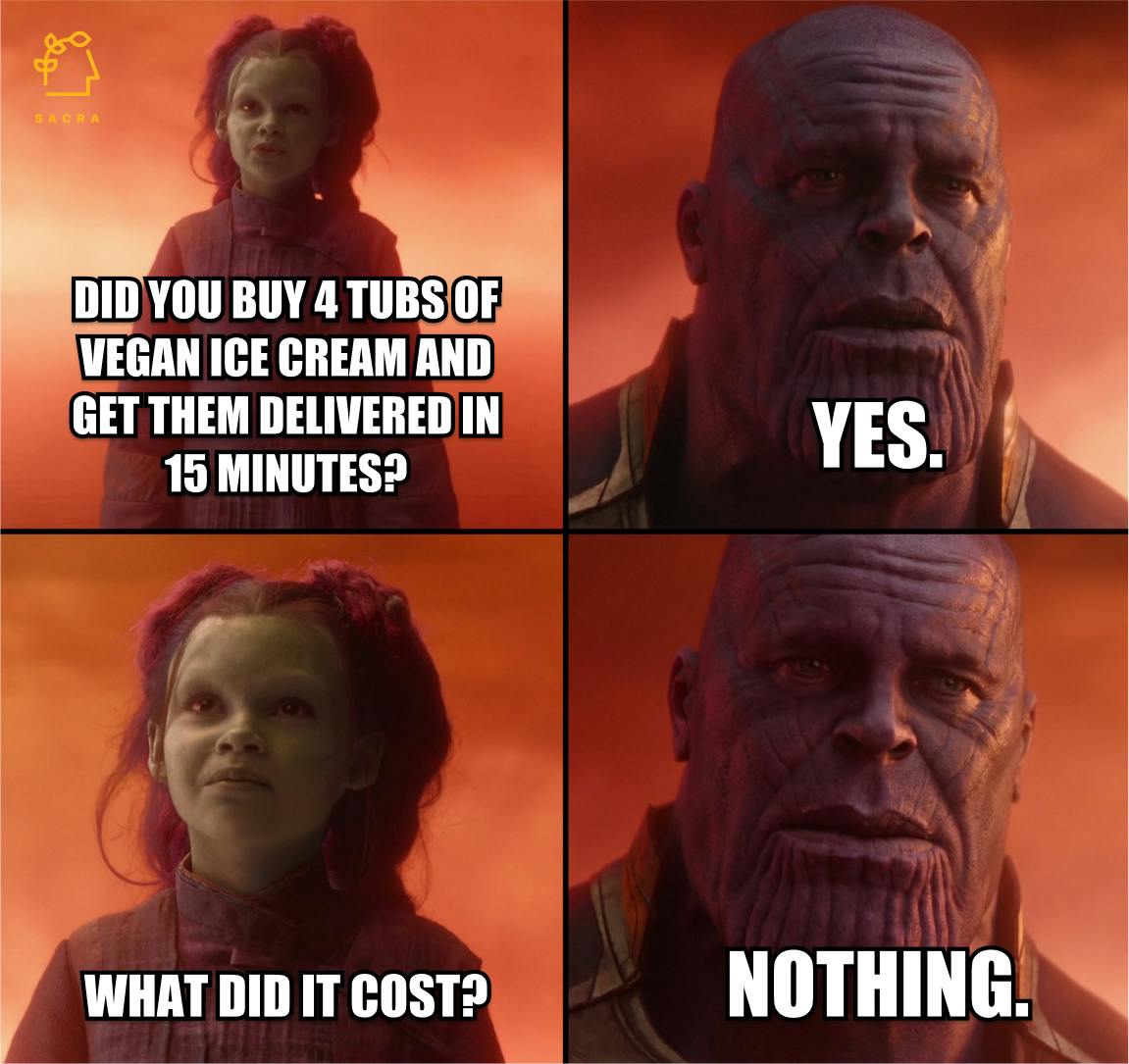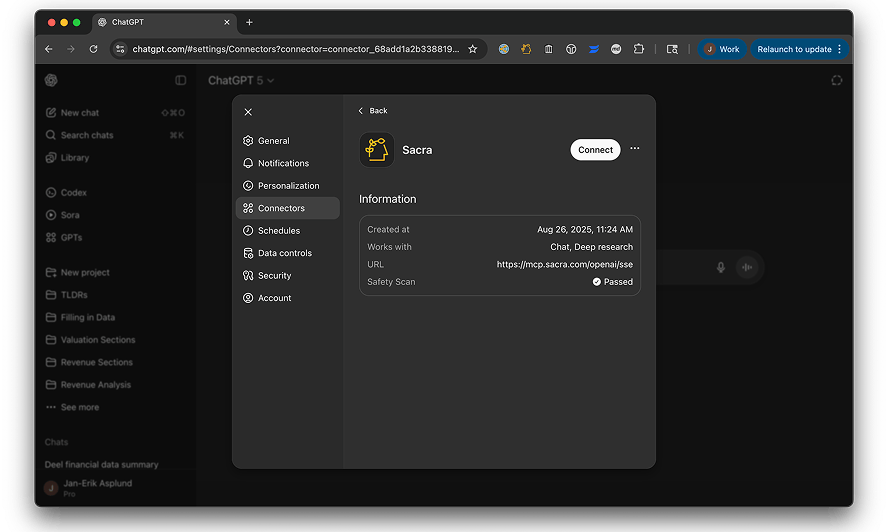Hi everyone 👋
Sign Up Today!
To get these right in your inbox
Critics of ultrafast delivery services say they're just another example of VCs subsidizing impossible business models with cheap cash. But it's that very same attention-grabbing customer value prop that gives ultrafast its wedge into shifting consumer behavior from offline to online retailers.

To get a better understanding of the strategy and economics behind ultrafast delivery, we interviewed Ralf Wenzel, the CEO and founder of JOKR, which is active in 9 countries and growing 25% a week. For Ralf, the idea that ultrafast delivery services can’t be profitable is a core misconception of the space:
The pure dominance of Amazon in the online retail world is not proof of the winner-takes-all characteristic of the market. The dominance of Amazon is a sign and a proof purely that there do not exist many other companies that have an equally attractive value proposition to Amazon. (link)
I think businesses such as JOKR will be twice as profitable as the most profitable offline grocery stores. Offline retailers have an EBITDA margin that is in the lower single-digit figures. They can achieve between maybe 3% to 7% of EBITDA profit margin. Given the operational efficiency and the more data-driven approach that companies such as ourselves are running in the online context, we believe that we can, in the long term, have EBITDA margins that are twice as high as in the offline world. (link)
[We] have almost an indefinite customer lifetime value... [A]s long as you have stable retention rates, you have dynamics that behave subscription-like, and you can count on a five or ten-year customer lifetime or even more, then you can make a conscious decision on your marketing investment. You can say your marketing investment per customer is 20% or 10% of a ten-year lifetime. You can always decide after which period of time you want to pay back on your marketing investment, but you have a lot of room to play. (link)
Thanks!
Jan


